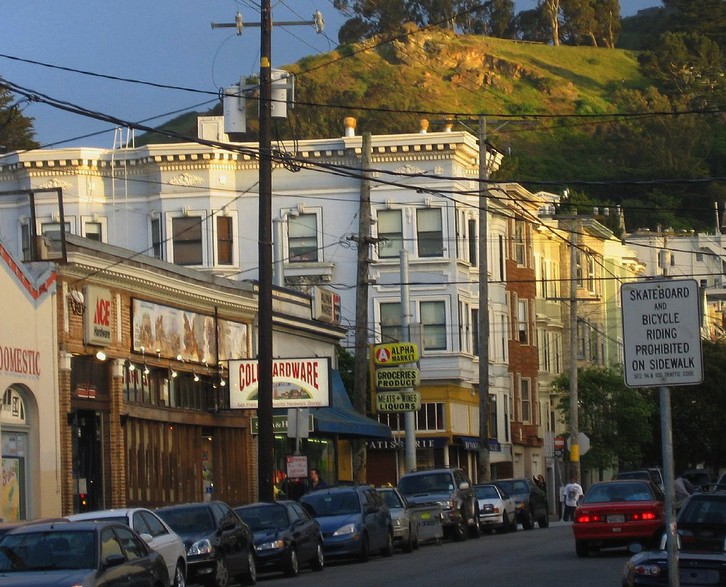Amazon is looking for a big subsidy to build its new headquarters. It’s only the latest move in the company’s long history of using the government to get favors that other businesses can’t.
This op-ed was first published in Vice’s Motherboard.
In the hierarchy of the corporate world today, Amazon is near the top. It’s one of the top five most valuable companies traded on the major exchanges, and founder and CEO Jeff Bezos is now the second-richest person in the world.
People tend to think that Amazon has gotten there simply by out-competing everyone else. But there’s another part of the story of Amazon’s rise. From the very beginning, a core part of Amazon’s strategy has been taking advantage of public benefits not available to its competitors.
Now, bidding is set to close Thursday on the latest play in this strategy: Amazon’s decision to launch a public auction for the location of its second North American headquarters. In that auction, Amazon is angling for such a substantial public handout that, as Amazon itself puts it in its Request for Proposals, the “magnitude may require special incentive legislation.” Since Amazon opened bidding, more than 100 cities across the U.S. and Canada have publicly announced their interest in the Amazon sweepstakes, and have given over conference rooms and staff time to work on the bid, launched PR stunts, and started hashtags. Experts say that the end result of all of this hype could be a multi-billion dollar giveaway from taxpayers to Amazon.
The process has unfolded like the work of a seasoned pro, and that’s because it is. It started back in 1995…
Continue reading: Read the full article in Motherboard.
Image by Álvaro Ibáñez.





